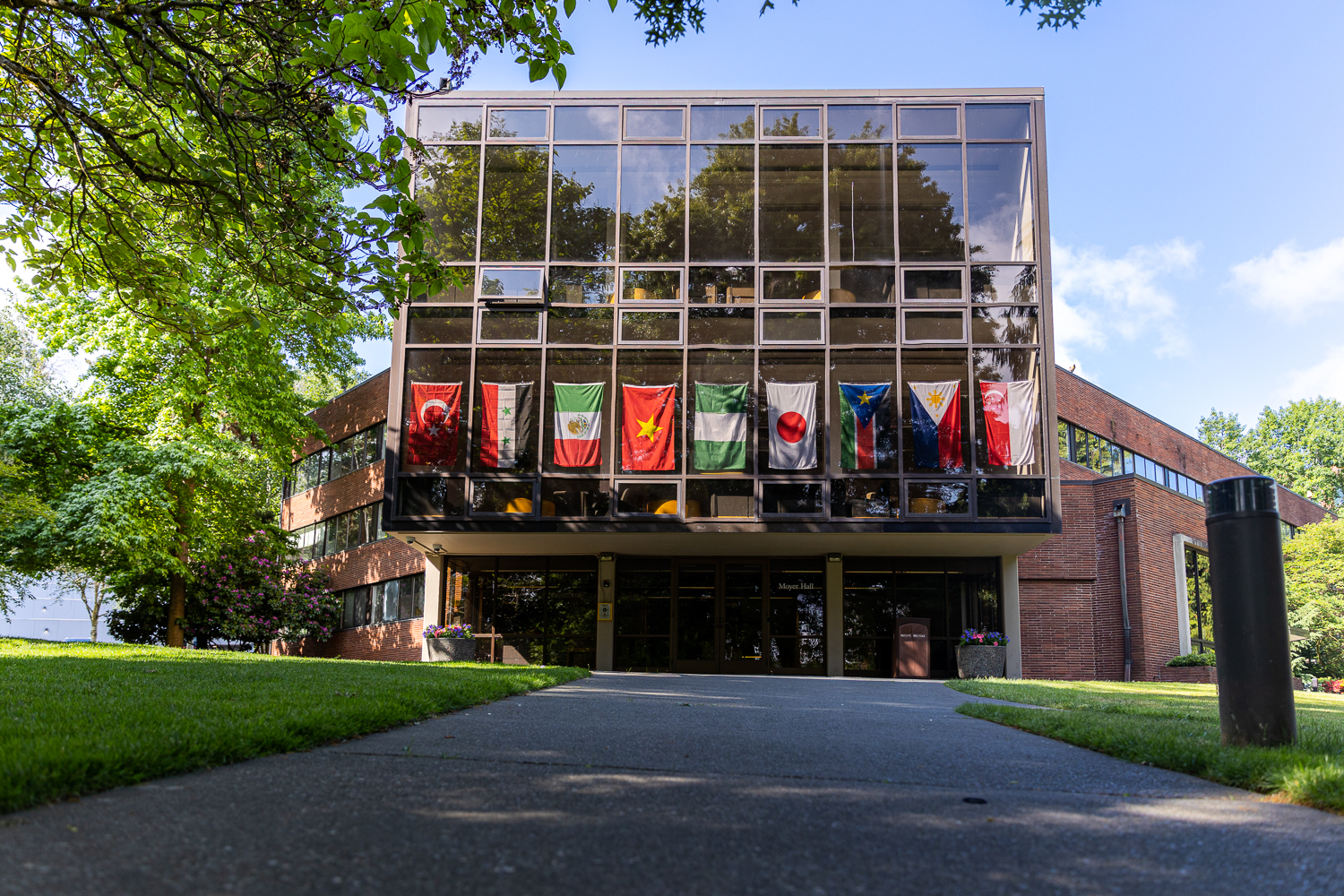Room for improvement
Ways SPU can improve when housing students
June 1, 2023

In my time at SPU, I have constantly found myself underwhelmed with many of the systems in place. As much as I love the people, especially fellow students and professors, I constantly find myself disappointed time and time again by decisions made by the university that dramatically affected my life as a student.
This article, however, will really depict my disappointment in the development of housing and the situation that has arisen over the past few weeks.
Before going on, it is important to note some important distinctions about how I feel.
First, as an RA, I want to be clear I am speaking on my behalf as a student. This is my perspective, my opinion and my frustration based on my own time here. As well, when I express disappointment in housing, it is not at any person. I trust that the individuals in housing work for my best interests and really do care about me and provide me with help.
Rather, my frustration lies in the inability housing has possessed, for what seems like my entire time at SPU, in effectively planning for housing signups. It feels to me that housing never accurately predicts on how much accommodation is going to be necessary for students and thus always leaves students in a weird limbo in waiting for housing that may or may not come. As a college student who is in the middle of finals week and wrapping up another school year, having to stress and worry about whether I have a place to live for the next school year does not help me in the middle of already stressful times.
I will not pretend to know how to fix this issue. However, I will explain some of the things I believe can help to amend some of the coexisting issues. First, and I would argue most importantly, is clearer communication to residents about situations. For instance, why has there been no official announcement made by housing to state that Ashton Hall is closed for next school year? How would students who may not read The Falcon or keep up with student leadership know this?
Second-year residents would be left in the dark about the change to Emerson Hall being the only second-year housing and could be unprepared for that transition. There are many more things that could be effectively communicated, and I think students have a right to know and hear from housing themselves to know these decisions and the justification for them.
As well, I think housing could better allocate spaces to certain classes. The issue is not that the university does not have the space to house residents. However, more so it feels like the issue is that they themselves do not know where residents can go, which ends up leaving a large amount of housing empty during the school year. Look no further than the fact that in the 2023-24 school year, two entire residence halls will be completely empty, with seemingly no end in sight for when they will reopen.
As a student, it is frustrating to see these not be in use but also be told they do not have the space to house me. It feels very contradictory. One, by planning out what will serve students based on expected numbers per housing area and two, communicating more clearly to students these plans, a lot of the frustration could be resolved.
I do not think that anyone, especially in housing, is malicious or doing things with the intention of hurting students. I do not think housing is dumb and did not have any plan going into the last few weeks with housing sign ups. I think that people at the university, time and time again, made decisions that may have seemed like a good idea but ended up being disastrous. Now we know. We know how ineffective this model was this year and in the past. Now, it is time to create some change for students.




























































































Antonio Nevarez • Sep 14, 2023 at 1:26 pm
Good work, Zachariah!